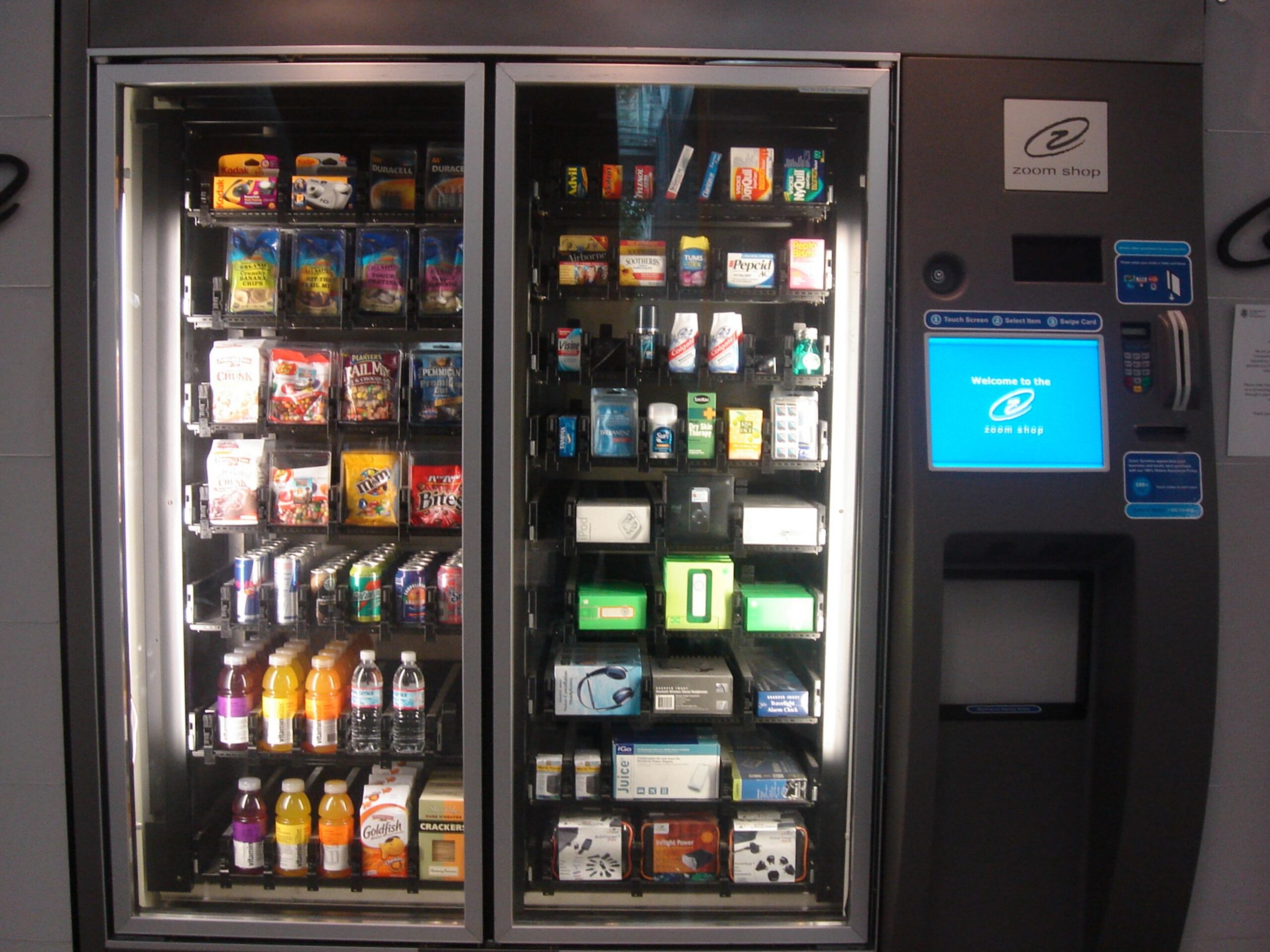HONEST VENDING MACHINE

Honest Vending Co.
Honest Vending Co.
Growing Ethical Consumerism:
The U.S. sustainable snacks market is projected to exceed $15 billion by 2027, growing at over 6% annually. Consumers, especially Millennials and Gen Z, are willing to pay a premium for ethically sourced, healthy, and eco-friendly products.
Proof: Brands like Kind, RXBAR, and Chobani have built billion-dollar businesses on ethical, health-conscious product positioning.
Demand for Healthier Vending Solutions
90% of vending machines in public spaces offer processed, unhealthy snacks. Schools, workplaces, and community centers lack better alternatives that align with modern dietary preferences.
Proof: The U.S. government has enforced Healthy Vending Standards in schools and federal buildings, proving institutional backing for better options but have yet to equip public health centers with wellness products to support a healthy lifestyle.
Technology-Driven, Low Overhead Business Model
Cashless vending
Proof: Smart vending startups like Farmer’s Fridge (healthy vending) have grown to $30M+ annual revenue through tech-driven operations.
12-Month Community-Led Research Study
Pilot Program with 5 Machines
Place machines in high-traffic public health centers, medical clinics, recreational gymnasiums, and non profit centers in Los Angeles County.
Track weekly sales data, product demand, and engagement metrics to refine machine placement and inventory selection based on community feedback.
Community-Led Data Collection
Pre-launch: Host food health workshops demo-ing the food products at the public health offices, non-profits, parent/teacher associations in Los Angeles County to gather feedback on preferred products, pricing, and purchasing intent.
Post-launch: Implement QR-code-based surveys for live customer insights.
Revenue Share Model as Validation
Partner non-profits receive a 10% of vending profits, incentivizing them to promote machine usage.
If a single machine generates $1,500/month, a 10-machine rollout would create $180,000 annual revenue, proving scalability, providing up to (3) salaried jobs of $60,000 just on one machine.
Community Led Research
Community Led-Research Study
Executive Summary

Mission Statement
Objectives
Encourage Corner Store
Owners to allocate a percentage of their product selection to diverse vendors (food, beverages, etc.) in proportion to the community's racial, ethnic, and cultural demographics.
Los Angeles County 48% Hispanic, products sold in the corner store should represent at least 48% Hispanic owned products if in LA County
Los Angeles County 9% Black, products sold in the corner store should represent at least 9% Black owned products if in LA County
Promote Economic
opportunities for small business owners from underrepresented communities.
Provide quarterly 3-week entrepreneurial bootcamps to promote micro-small food producing businesses to support economic development and food equity needs
Consumer Equity Education
Engage local communities in the decision-making process regarding the food and products stocked in their neighborhood corner stores.
Use The Flavors Of Origin Festival
To report on the progress of economic growth and the impact of this initiative on local businesses.
Foster Multi-Year Long-Term Contracts
For sustainable partnerships between corner stores and local, diverse suppliers including a robust process of evaluation, and growth criteria
